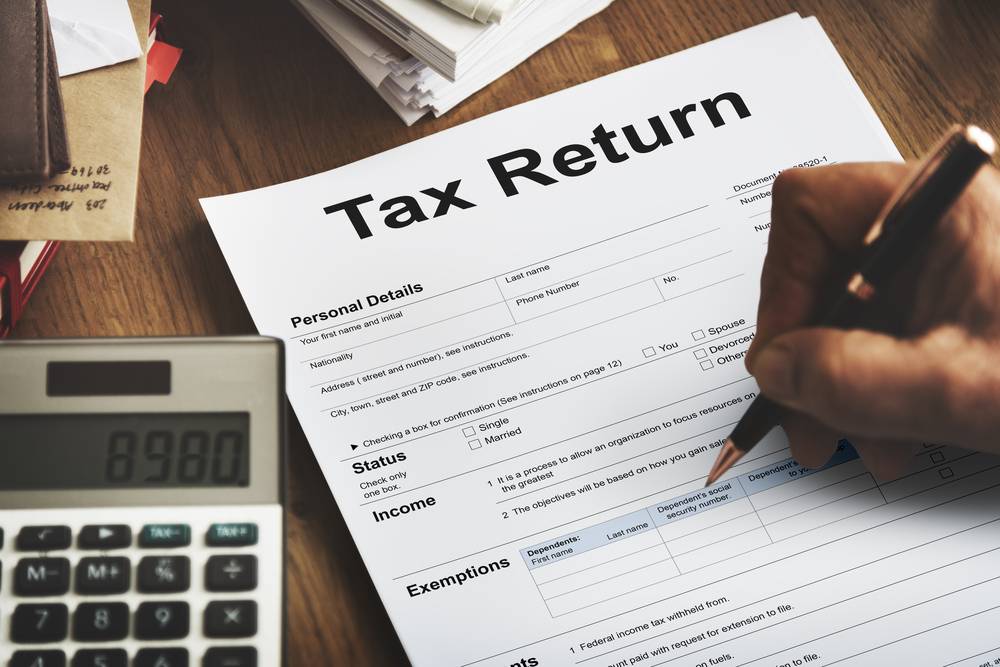A lot of individuals seem to think that filing tax returns is voluntary and therefore dismiss it as unnecessary and burdensome. As we will see, this is not a very healthy perspective on tax-filing.
Filing tax returns is an annual activity seen as a moral and social duty of every responsible citizen of the country. It is the basis for the government to determine the amount and means of expenditure of the citizens and provides a platform for the assesse to claim refund, among other forms of relief from time to time.
-
1. Filing returns is a sign you are responsible
The government mandates that individuals who earn a specified amount of annual income must file a tax return within a pre-determined due date. The tax as calculated must be paid by the individual. Failure to pay tax will invite penalties from the Income Tax Department.
Those who earn less than the prescribed level of income can file returns voluntarily.
Filing returns is a sign that you are responsible. Not just that, it also makes it easier for individuals and businesses to enter into subsequent transactions since their income is recorded by the tax department with applicable tax, if any, having been paid.
-
2. Filing returns is mandatory in some cases
Even if your income level does not qualify for mandatory filing of returns, it may still be a good idea to voluntarily file returns. In most states, registration of immovable properties requires advancing as proof the tax returns of last three years. Filing returns makes it easier to register the transaction.
-
3. Your loan or card company may want to see your return
If you plan to apply for a home loan in future it is a good idea to maintain a steady record of filing returns as the home loan company will most likely insist on it. In fact, you may even consider filing your spouse’s returns if you want to apply for a loan as a co-borrower. Likewise, even credit card companies may insist on proof of return before issuing a card.
Financial institutions may insist on seeing your returns over the past few years before transacting with you. In fact, the government may make it mandatory for them to do so, thereby indirectly nudging individuals to file returns regularly even when it’s voluntary.
-
4. If you want to claim adjustment against past losses, a return is necessary
Filing returns on time has many advantages regardless of whether you draw the prescribed level of income necessary to file returns.
Various losses incurred by an individual or a business, both speculative as well as non-speculative, short term as well as long term capital losses and various other types of losses not recorded in the tax return in a financial year, cannot be shown for exemption in subsequent years for the purpose of tax calculation. So it’s best to file returns regularly, because you never know when you may want to claim an adjustment against past losses.
-
5. Filing returns may prove useful in case of revised returns
In case the assesse hasn’t filed the original return, he cannot subsequently file a revised return, even when he really needs to. Under the Income Tax Act, non-filing of returns can attract a penalty of Rs 5,000. So while filing returns is a voluntary activity, there are times when it could hold legal implications for those who do not do so, especially if they must file a revised return in future.
Source:https://www.hdfclife.com/




